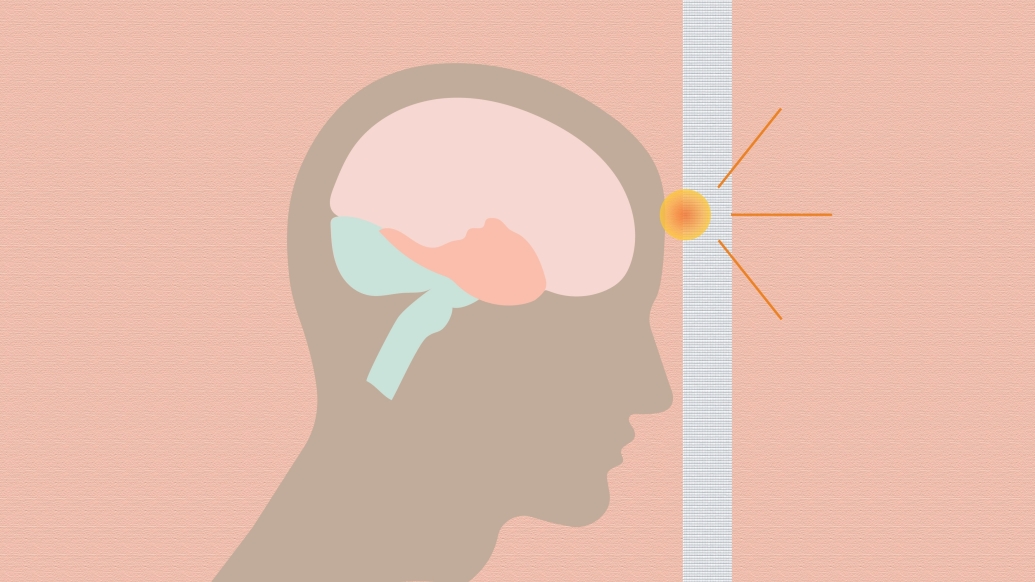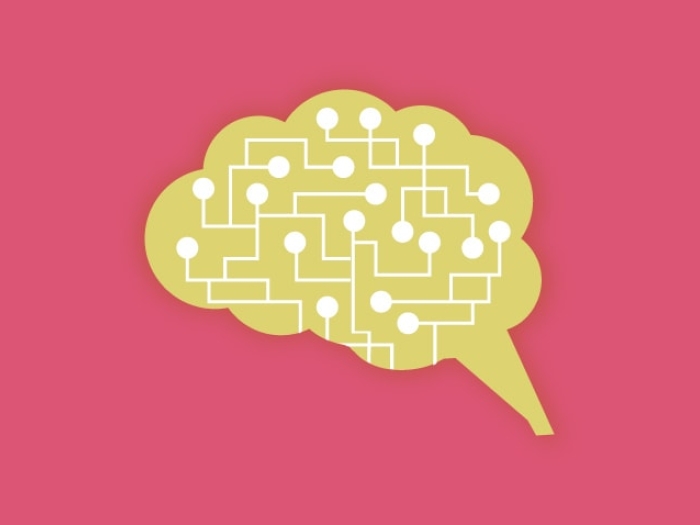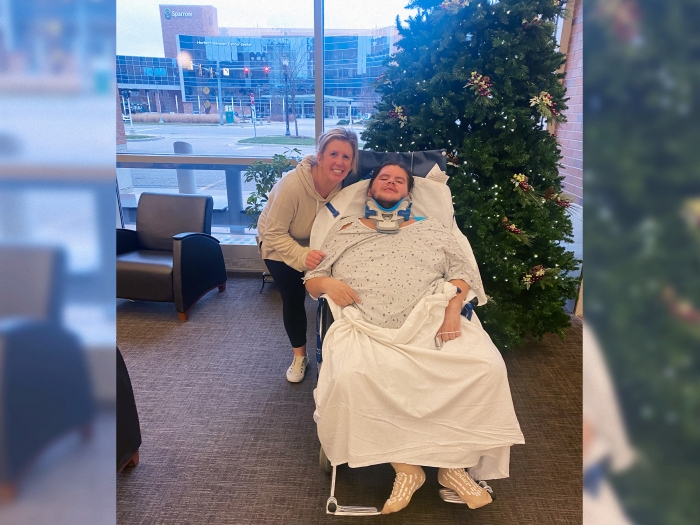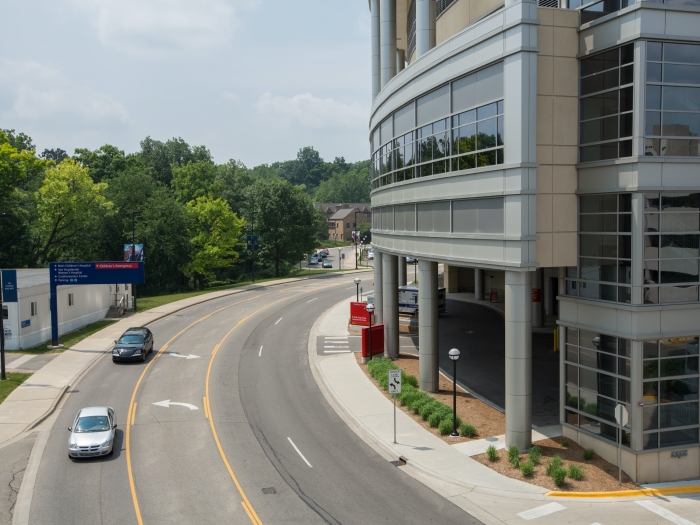Investigators are gathering to support technical developments, and translational and clinical research, for use in the critical hours just after TBIs occur.
7:00 AM
Author |

An estimated 1.5 million Americans sustain a traumatic brain injury every year, according to the Centers for Disease Control and Prevention.
SEE ALSO: Addressing the Long-Term Impact of Concussion in Living Patients
TBI is a form of brain injury and dysfunction that blows or jolts to the head generally cause. TBI can result in cognitive complications, such as memory loss and an inability to control mood, but new investigations are seeking to improve these outcomes.
One way? Research around the "golden hours," or the treatment administered during the initial hours after injury, plus the 24 to 48 hours of care afterward.
"The golden hours are critical," says Robert Neumar, M.D., Ph.D., professor and chair of emergency medicine. "They can determine whether a patient survives from their injury and, if so, what type of long- term function and disability issues they may have."
That's why Neumar and the U-M Center for Integrative Research in Critical Care (MCIRCC) decided to host the Massey Regional TBI Conference in October in Ann Arbor to explore the early diagnosis, monitoring and treatment of traumatic brain injury, with an emphasis on the golden hours of care.
"We're working to gather the best and brightest in the industry to improve the outcomes of those affected by severe TBIs," Neumar says. "Researchers will be presenting groundbreaking, recently funded technology development projects and research, both translational and clinical, impacting the golden hours and following treatment of TBI."
We're working to gather the best and brightest in the industry to improve the outcomes of those affected by severe TBIs.Robert Neumar, M.D., Ph.D.
The Massey Foundation TBI Grand Challenge, also hosted and organized by MCIRCC, recently funded the five main projects to be presented. The challenge, held in January, invited investigators to engage and partner in groundbreaking research in severe TBI and to submit project proposals for funding.
The projects to be presented are:
Imatinib for targeting PDGF signaling in TBI: Researchers will develop an intravenous formulation for Imatinib, a drug used to treat certain types of leukemia, to prove its efficacy in stabilizing and preventing further damage from secondary consequences of TBI in severe TBI patients.
Ensuring valproic acid's success as an early treatment for TBI: The research team will develop blood markers that will allow them to determine which TBI patients respond to valproic acid, a drug for seizures and bipolar disorder, and how valproic acid protects the brain after injury.
Development of a digital external ventricular drain system device: Researchers will develop a digital external ventricular drain system with integrated intracranial pressure monitor and cerebral spinal fluid flow monitor/pressure regulator. The device will automatically adjust to the patient's current needs while also alerting the caregiver to changes in drainage.
Development of software technology to automatically detect and measure hematoma imaging characteristics after TBI: The research team will develop software that will automatically detect and precisely measure hematoma volume, brain compression and optic nerve diameter in brain CT scans of TBI patients. This will help identify patients who need urgent surgery.
Quantitative pupillometry for the acute detection and prognosis of TBI: Researchers will provide clinical evidence supporting the use of quantitative measurements of pupillary light reflex as a reliable biomarker for TBI. This could lead to the development of a device for first responders to determine whether a patient has suffered a TBI and its severity.
The Massey Family Foundation gift
The Massey Foundation TBI Grand Challenge occurred thanks to a generous gift from the Joyce and Don Massey Family Foundation. The Massey family had their own experience with TBI after a car accident injured mother and wife Joyce Massey. TBI's effects seriously impaired her daily function, including difficulty with speaking, eating and breathing.
The Massey family gave their gift to U-M in early 2015 in hopes of sparing other families their experiences. It includes funding for clinical research, technology innovation, translational research, a patient-family support fund and the annual TBI Grand Challenge.
"Thanks to gifts from generous donors, such as the Massey family, we are able to continue this important research," Neumar says. "We hope these projects and presentations will accelerate additional research into TBI. We owe this growing patient group new technologies and treatments that will improve their ability to survive with this injury."
Investigators are welcome to attend the Massey Regional TBI Conference in October and to submit abstracts for posters and presentations. Additional information can be found on the conference website.

Explore a variety of health care news & stories by visiting the Health Lab home page for more articles.

Department of Communication at Michigan Medicine
Want top health & research news weekly? Sign up for Health Lab’s newsletters today!





